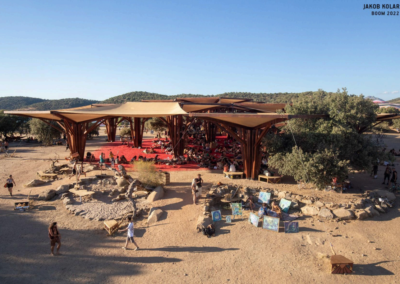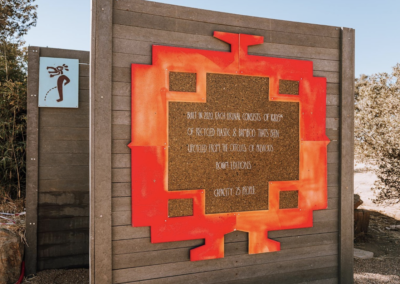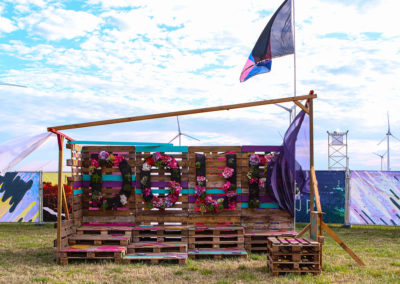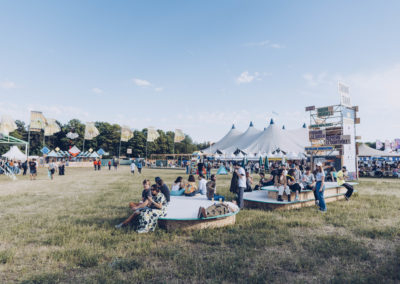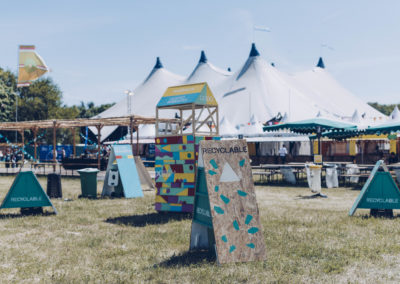GREEN EUROPE EXPERIENCE : THE FINAL STEP
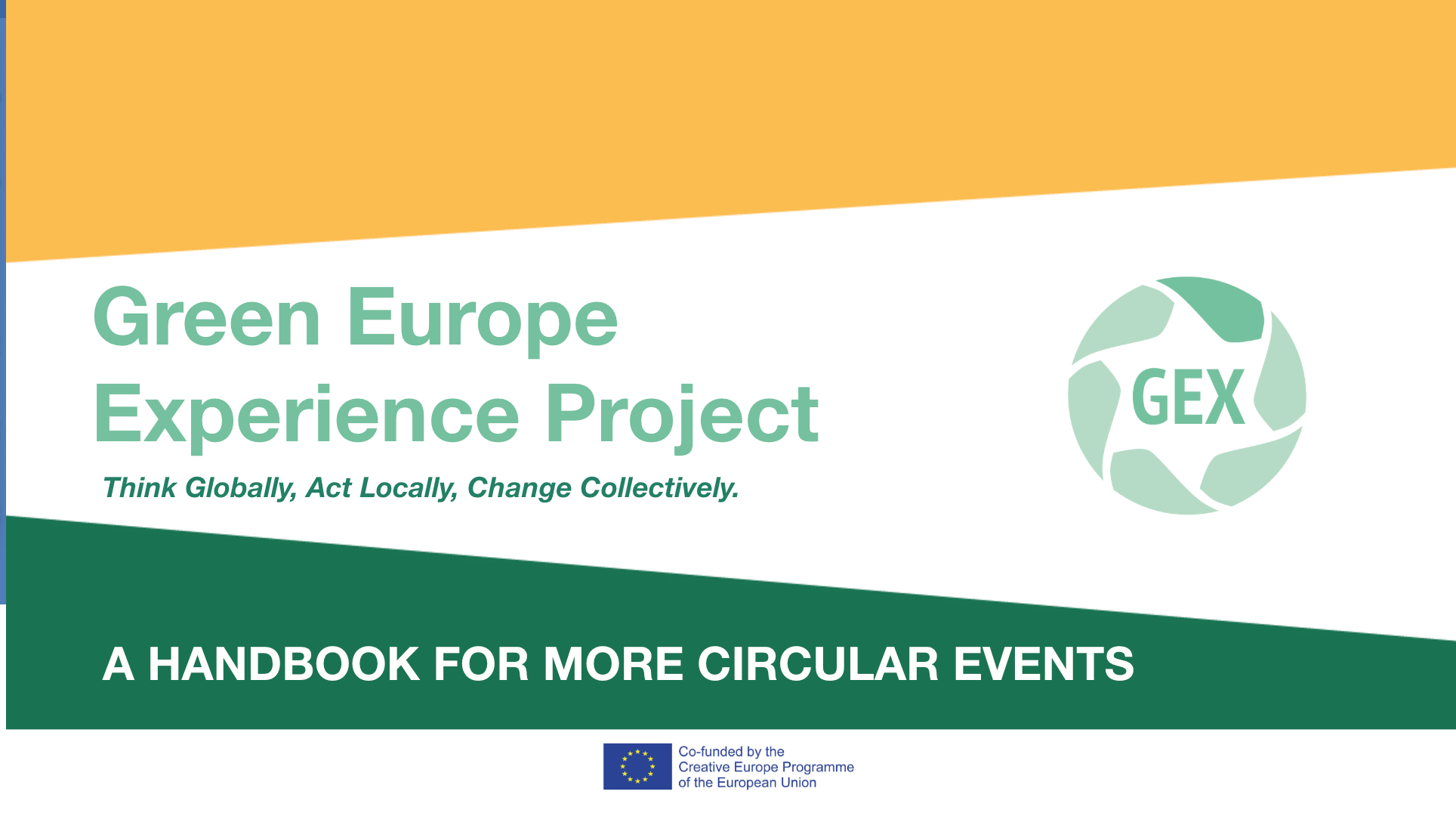
At last! After five years of experimentation by all the partners, despite the covid-19 pandemic, we are proud to present the results of this European cooperation project.
In this handbook you will find key success factors, areas to watch out, for any event that would like to implement circular economy models on its food and scenography aspects.
3 REMINDERS :
Who was in the Green Europe Experience (GEX) ?
A Greener Future (AGF)
A Greener Future (formerly A Greener Festival) is a non-profit company, committed to helping events, festivals and venues around the world to become more sustainable and to reduce environmental impacts.
AGF is unique in being able to assess a wide range of festivals, provide evaluation on sustainability and a global perspective on good practices and developing green initiatives from around the world. As pioneers in event sustainability, AGF provides certification, training, expertise, facilitating the exchange of best practices.
https://www.agreenerfuture.com/
BOOM (Portugal)
Boom is a multidisciplinary and sustainable biennial festival which aims at raising awareness and achieving an individual and collective shift in mindset, to contribute to the Great Transition.
Boom is located in a rural area, near a lake. The organizing team owns the festival’s land, which enables them to design projects for the long term. All year round, the team engages in the preservation and natural regeneration of the land, and creates other environmental, educational, recreational and cultural projects.
Boom’s business model is specific: the festival receives very little support from public institutions and has no private partners. It is financed exclusively by its own funds.
Boom has dedicated people working on sustainability.
DOUR (Belgium)
Dour Festival is the biggest music and touristic event in the French-speaking part of Belgium.
The festival was created with the local economy in mind, showcasing local artistic talent, and now offers a unique and alternative lineup that combines mythical artists, discoveries and diversity.
Dour Festival does not own the farmland on which it takes place and therefore does not have access to it all year round.
GO GROUP
GO Group is an independent, pan European and cross industry think-tank to inspire people in the music festival and events industry to run their operations in a greener, smarter, more sustainable, more responsible manner.
Since the beginning, GO Group inspired and connected hundreds of festivals, initiatives and scientists in more than 70 events such as workshops, conferences, field trips, panels, keynotes and discussions in 19 countries and all parts of Europe; to exchange knowledge, stimulate change, cooperate with and promote institutions, projects and initiatives.
POHODA (Slovakia)
Pohoda is a music and arts festival on a former military airbase near the city of Trenčín, Slovakia, where alternative, indie, electronica, world music and punk meet classical music alongside literature, dance, visual art, film and theatre.
The site is owned by the Ministry of Defense, therefore Pohoda teams do not have access to the site all year long, only for the festival, and during the rest of the year the land is used for sport activities.
WE LOVE GREEN (France)
We Love Green is an independent Parisian music festival, a pioneer within the responsible festival scene and committed to the design of sustainable solutions. A skilful blend of celebration and commitment, all supported by an increasingly eclectic programme that crosses bridges between indie, electro and urban, between music and conferences, art and food.
We Love Green takes place in the Bois de Vincennes, a wood owned and managed by the City of Paris. We Love Green has a dedicated permanent team working on sustainability.
Why scenography and food ? Scenography and food are two highly visible aspects of a festival for its audience, with clearly identified stakeholders on the production side. The potential for raising awareness and changing practices in an impactful way is therefore quite strong. All the more so as these are major sources of environmental impact for festivals (waste production, carbon footprint).
Who is this handbook for ? Institutions, private or public organizations, associations, companies, individual persons involved in organizing an event – cultural, sporting, trade show… – and willing to get to grips with these issues.

